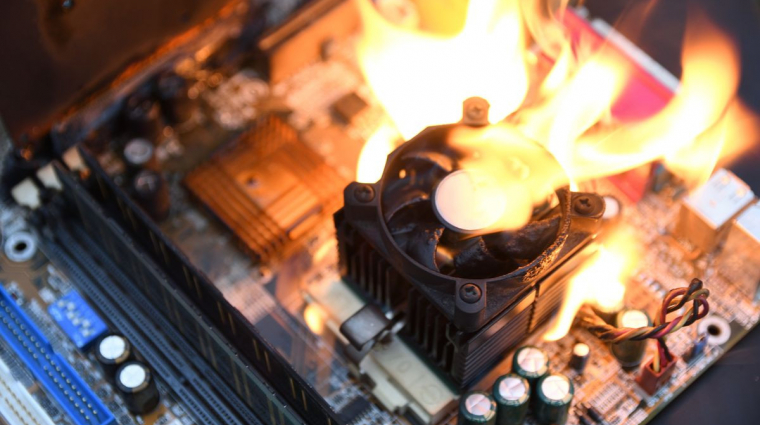Intel has shifted the responsibility to motherboard manufacturers, but they are not satisfied with the solution.
We still don't understand exactly what's causing the problem, but the misery surrounding Intel's 13th and 14th generation processors is certainly not abating at the moment. After it became clear that the processors could not handle the load they received from factory-tuned motherboards, Intel tried to shift the blame onto partners and issued a recommendation on how to fix the problem.
Most motherboard manufacturers like ASUS, Gigabyte, and MSI have also implemented a solution, but the Blues don't like it. For example, ASUS introduced the Intel Baseline Profile, which produced a 12.6% lower Cinebench R23 score with the Core i9-14900KS compared to factory parameters.
An Intel spokesperson also responded to the incident:
“Intel does not recommend that motherboard manufacturers use 'base' performance settings for boards capable of achieving higher values.”
Instead, the company requires partners to include the Intel default settings setting in the BIOS for stability. This is not the same as the hastily thrown in 'baseline' option. In the settings proposed by the company, it is not a simple voltage regulation, but rather a rather complex system where users can also customize things depending on the processor they use.
Detailed settings can be seen in the image below:












































